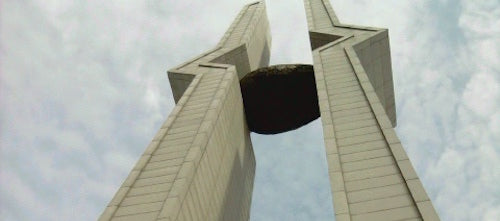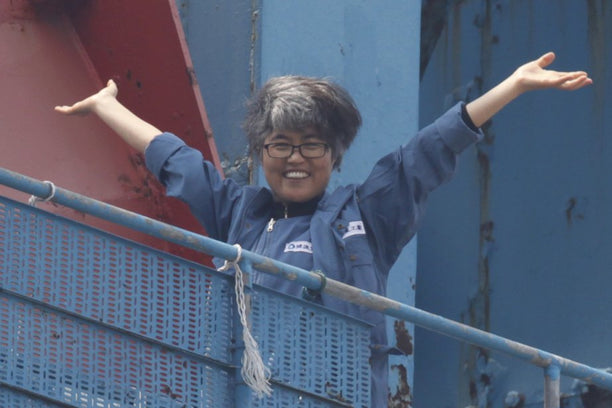
Walking from Busan to the Blue House for Workers' Rights
Korean trade union leader Kim Jin-suk battles COVID-19, winter, and breast cancer to send a message to profit-making corporations—and keep the promsie of Korea's pro-democracy movement alive.

Korean trade union leader Kim Jin-suk battles COVID-19, winter, and breast cancer to send a message to profit-making corporations—and keep the promsie of Korea's pro-democracy movement alive.
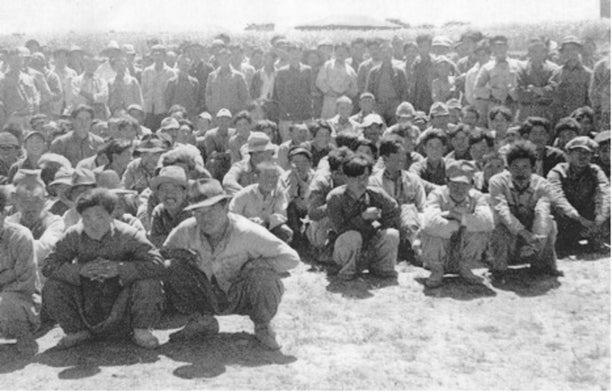
This fall marks the 70th anniversary of a brutal and largely unknown massacre of the early cold war on the Korean island of Cheju/Jeju. In this article, Brendan Wright recounts the history of the massacre, placing it in the context of Cold War politics and the history of the Korean peninsula.
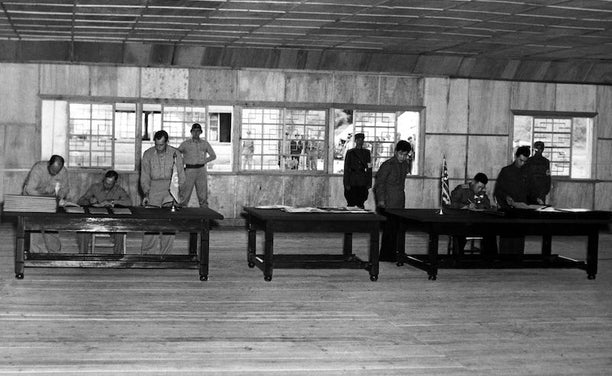
In US–Korean relations, the language of peace has long been a strategy of disavowal, but it has also served as terrain for contestation.
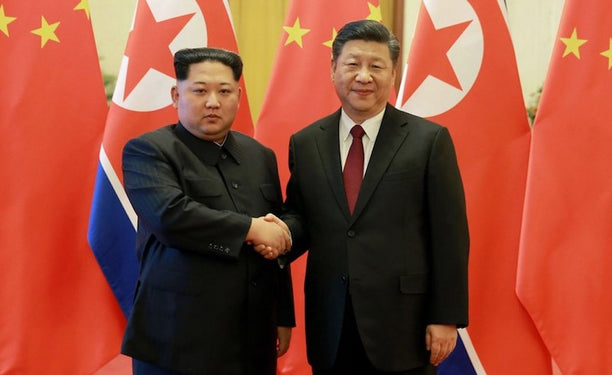
For China, the suspension of US “war games” alongside South Korea — coupled with talk of reducing troop numbers — offers the prospect of restoring its historical dominance on the Korean peninsula.
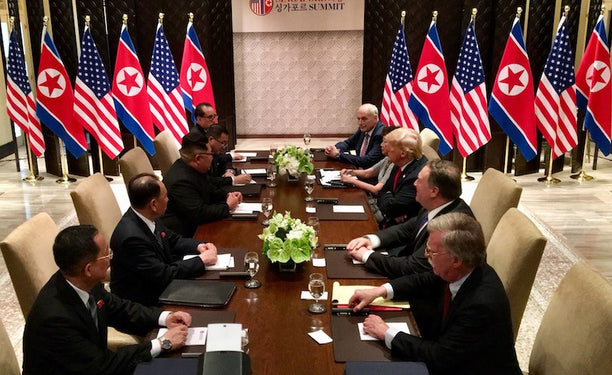
Peace activist Christine Ahn condemns the dangerous, opportunistic response to Trump's North Korea talks from American liberals.
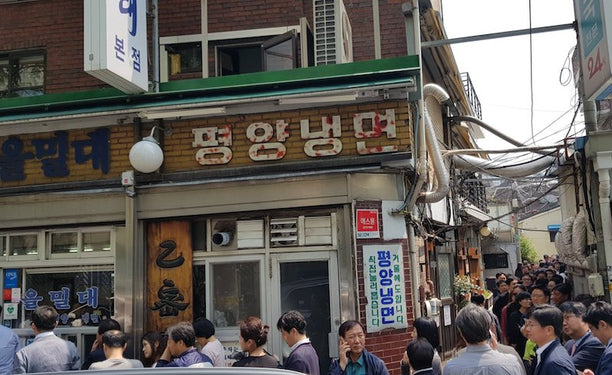
Two scholars — Grace M. Cho in the US, and Hosu Kim in South Korea — reflect on the recent developments between the US and North Korea, the ghosts of the Korean War, and the need for peace on the Korean peninsula.
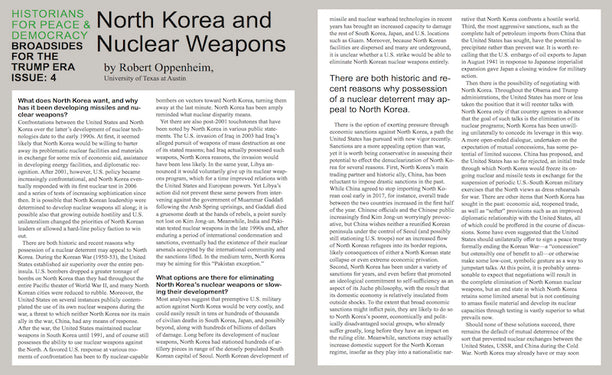
A compact, printable history of North Korean nuclear weapons development and US reactions to it.
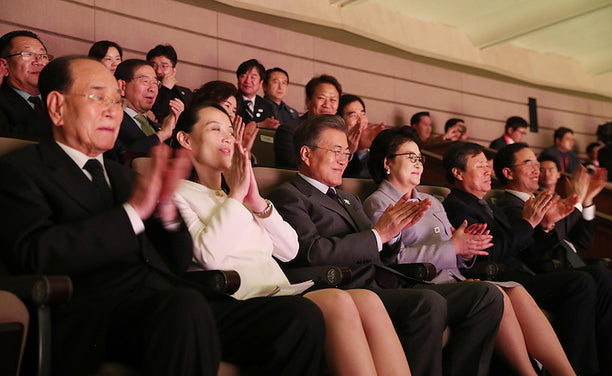
Few have given peace on the Korean Peninsula a chance after the Pyeongchang Games finish, but after a tense 2017, the Winter Olympics have opened a path towards peace
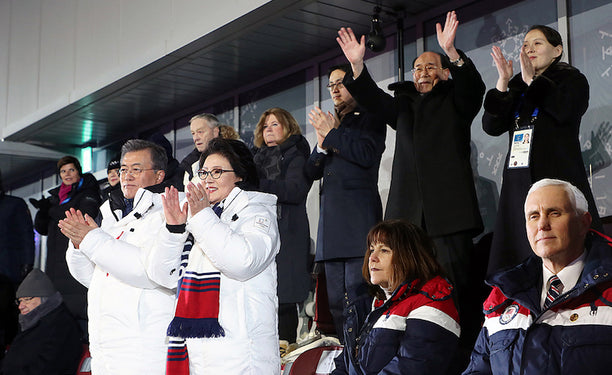
Pyeongchang echoes Rio's legacy: political grandstanding, overspending, greenwashing, white-elephant stadiums, and the militarization of public space.
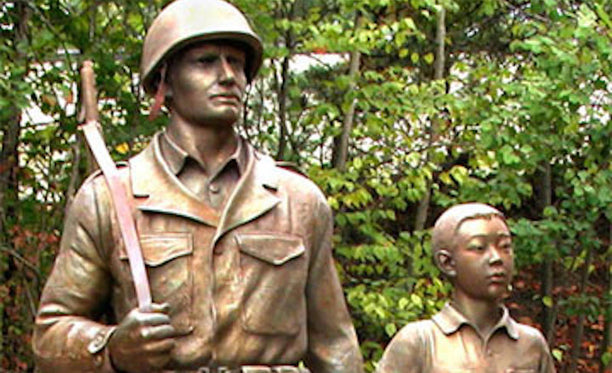
Like US violence in Asia, the symbolic infantilization of Asians has a long history.
